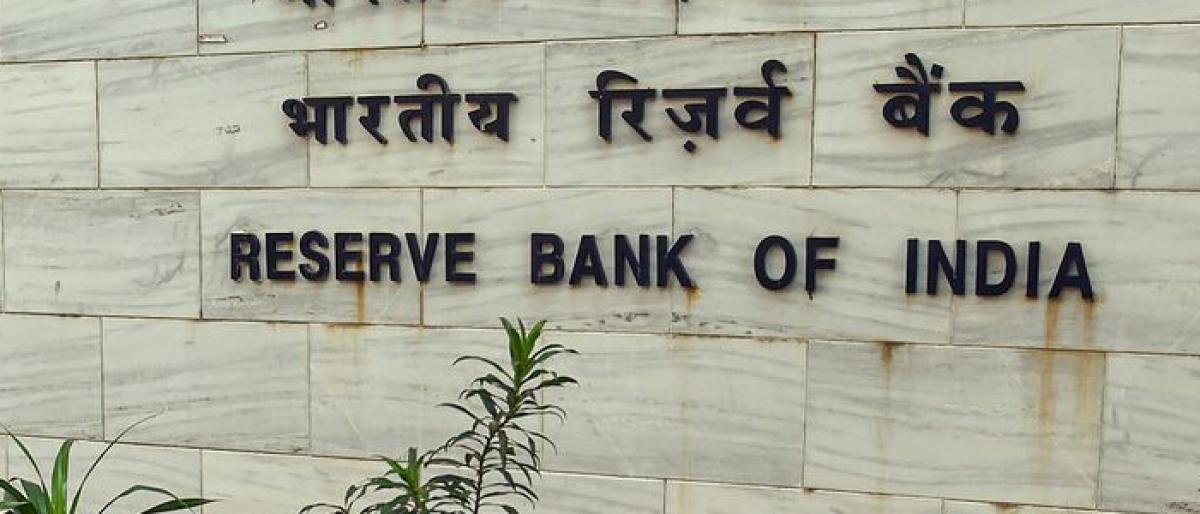Apex bank may yield on MSME lending

The RBI board held a marathon meeting on Monday amid a rift between the central bank and the government over several issues including how much capital the apex bank needs, lending norms for small and medium enterprises and rules for weak banks
Mumbai: The RBI board held a marathon meeting on Monday amid a rift between the central bank and the government over several issues including how much capital the apex bank needs, lending norms for small and medium enterprises and rules for weak banks.
RBI Governor Urjit Patel and his deputies came face to face with government nominee directors -- Economic Affairs Secretary Subhash Chandra Garg and Financial Services Secretary Rajiv Kumar -- and independent members like S Gurumurthy to arrive at a middle ground on some of the contentious issues.
While there was no official word on the deliberations at the meeting that lasted nearly nine hours, the government and Gurumurthy have been pressing the central bank to provide more liquidity to non-banking finance companies (NBFCs), ease lending rules to small businesses, relax norms for weak banks and part with more of RBI's surplus reserves to boost the economy.
There are indications that the RBI may be willing to ease lending norms for micro, small and medium enterprises (MSMEs) but liquidity to NBFCs remains a sticking point. It may also be open to injecting liquidity through open market purchases of bonds but is resisting relaxing capital buffers for banks. Discussions in the meeting may also have focussed on the massive Rs 9.69 lakh crore reserves of the RBI, with Gurumurthy and the finance ministry wanting it to be lowered in line with global practices.
Most of the RBI's 10 independent directors, including Tata Sons Chairman N Chandrasekaran, attended the meeting that had drawn intense media and market attention. In the run-up to the board meeting, former Finance Minister P Chidambaram said Patel should step down if the board were to issue any direction to it on parting of capital reserves or relaxation of norms.
The RBI's central board currently has 18 members, though the provision is that it can go up to 21. Sources said the government and Reserve Bank of India (RBI) are looking to reach at an agreeable solution with respect to relaxation of the Prompt Corrective Action (PCA) framework and easing of lending norms for the MSME sector.
If not in this board meeting, the issue of relaxation of PCA framework would reach a resolution in the next few weeks, they added. As a result of the relaxation, some banks may come out of the PCA framework by the end of this fiscal. Of the 21 state-owned banks, 11 are under the PCA framework, which imposes lending and other restrictions on weak lenders. These are Allahabad Bank, United Bank of India, Corporation Bank, IDBI Bank, UCO Bank, Bank of India, Central Bank of India, Indian Overseas Bank, Oriental Bank of Commerce, Dena Bank and Bank of Maharashtra.
The PCA framework kicks in when banks breach any of the three key regulatory trigger points -- namely capital to risk weighted assets ratio, net non-performing assets (NPA) and return on assets (RoA).







